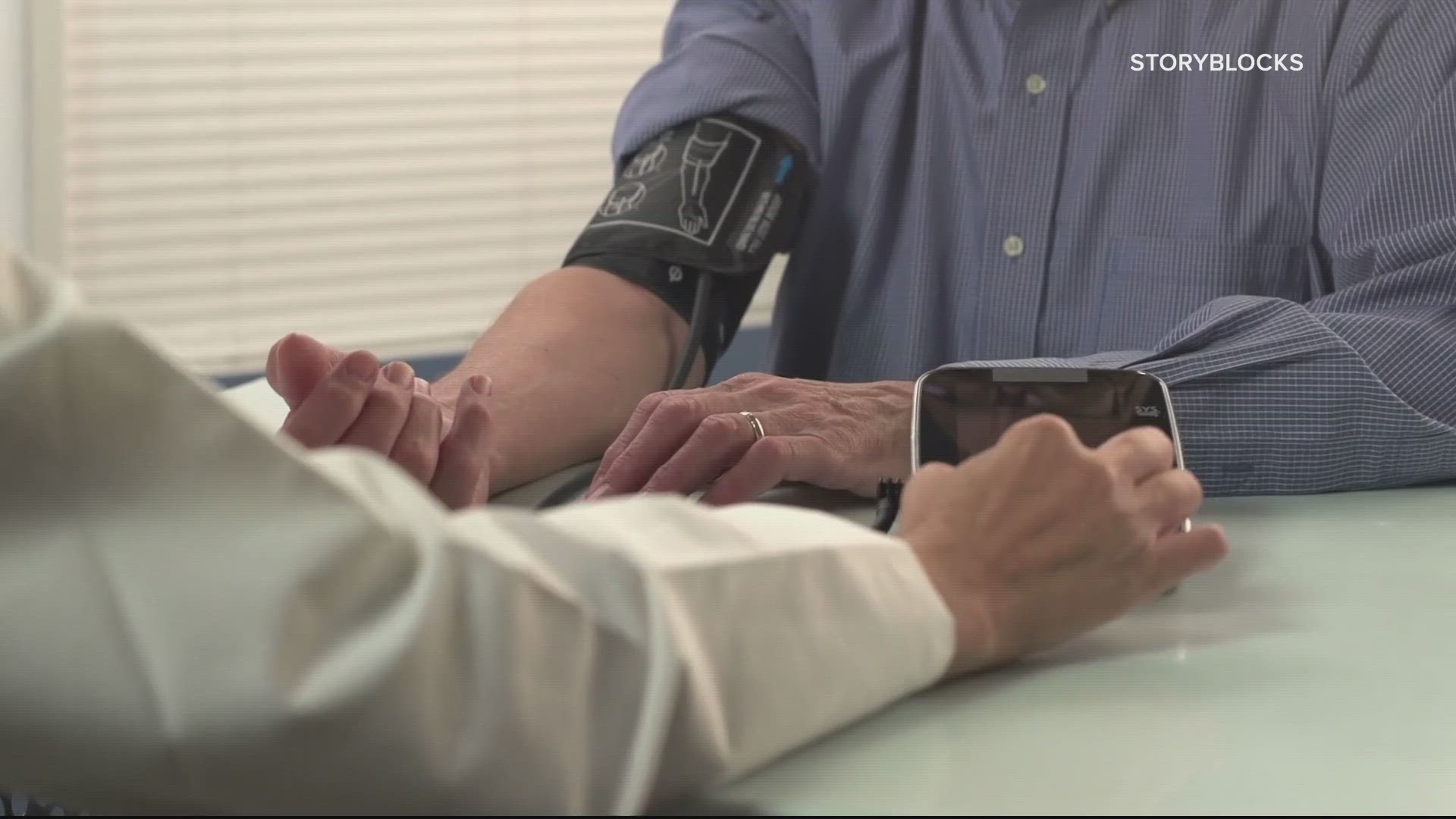WASHINGTON, D.C., USA — A viewer asked us about something anyone could relate to. She said she needed to schedule an appointment with an endocrinologist. But every office she called said they were booked until next spring.
She said she tried clinics from Washington D.C. to Delaware and got the same answer. That is when she asked us for help finding out what was going on.
QUESTION
Is there a shortage of endocrinologists?
SOURCES
The Clinical Endocrinology Workforce: Current Status and Future Projections of Supply and Demand
A Model to Determine Workforce Needs for Endocrinologists in the United States Until 2020
ANSWER
Yes, there is a shortage of endocrinologists, but there is also a shortage of doctors overall
WHAT WE FOUND
Endocrinologists are medical specialists who treat a wide variety of patients. They focus on conditions related to hormones. Their patients include people who have obesity, diabetes, osteoporosis, thyroid conditions, and more.
Researchers have been concerned about the number of practicing endocrinologists for at least two decades. A study in The Journal of Clinical Endocrinology & Metabolism said that wait times for endocrinologists were longer than for other specialists. It estimated that the national supply of endocrinologists in 2003 was 12 percent lower than the demand and the gap was likely to grow over time.
Dr. Sethu Reddy, an endocrinologist at Central Michigan University who is the president of the American Association of Clinical Endocrinology, said there are approximately 8,000 endocrinologists in the United States, with roughly 5,700 practicing.
“And many of the physicians are probably not practicing full-time," he added. "Maybe practicing 20-25 percent of the time, so it’s probably misleading.”
Another factor that may limit a person's ability to see an endocrinologist is the nature of the field. A patient with diabetes has different needs than a patient with osteoporosis or problems with their metabolism. Dr. Reddy said physicians in smaller cities are more likely to have a general practice, while those in larger cities may specialize.
“You may have a physician handling thyroid, primarily, or diabetes, or pituitary, or adrenal disease,” he said.
Dr. Reddy said a growing demand places an increasing burden on the nation's endocrinologists. He mentioned rising rates of obesity and diabetes, as well as an aging population as reasons why more people are seeking specialized endocrine care.
The CDC reports that the percentage of adults with diabetes rose between 2001-2020, in part because people with diabetes are living longer to due improved care and management.
Researchers projected that America would face a shortage of roughly 2,700 endocrinologists by 2025.
But endocrinologists are not the only doctors that are hard to find. The Association of American Medical Colleges says the U.S. could be short as many as 124,000 doctors overall by 2034.
Dr. Reddy advises that a patient with a referral from a primary care doctor will have a better chance of getting in to see a specialist than if they try to make an appointment on their own.

